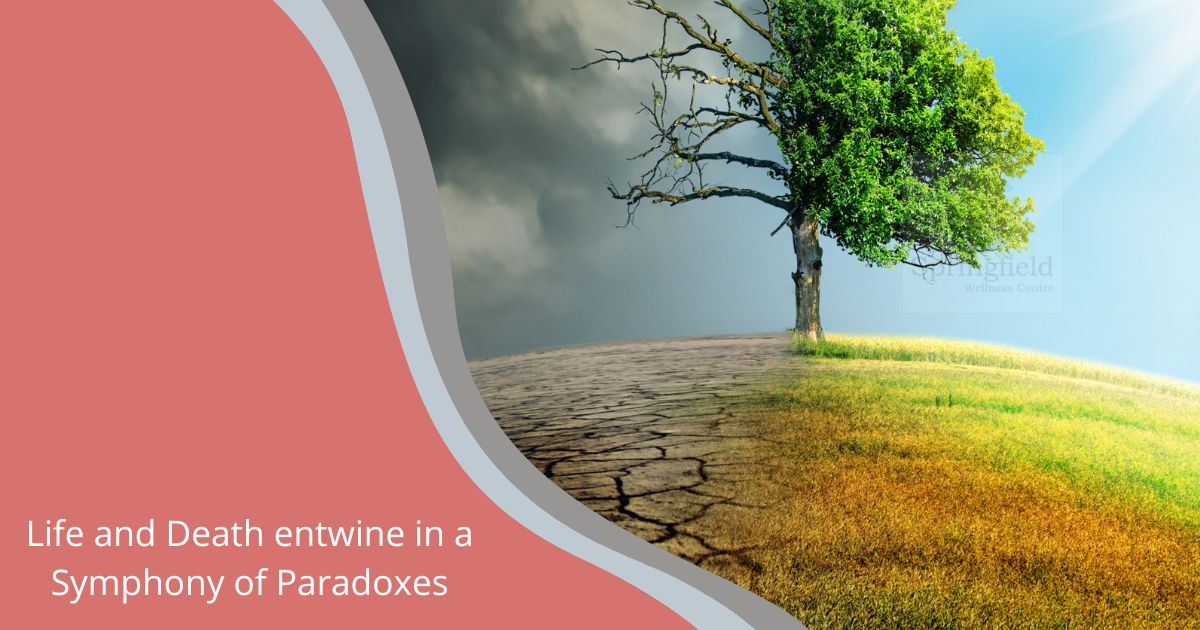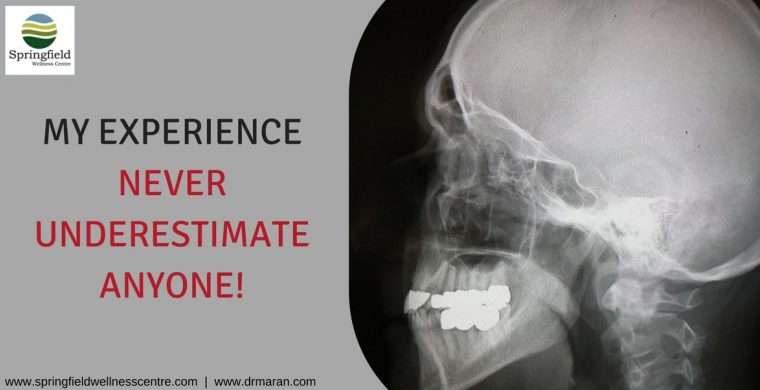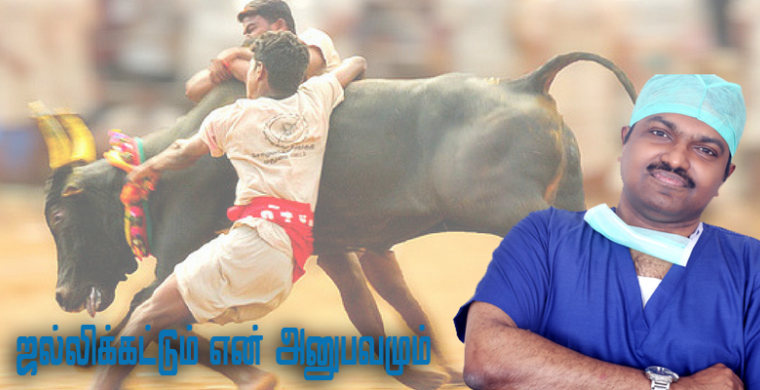
After studying hard for many years and having trouble sleeping, I became a doctor at a young age after finishing my medical degree (MBBS). I felt proud and successful. I entered the field of medicine, thinking that life would be great. The idea of being like a protective angel, helping and comforting those who are sick, made me feel happy and like I had a clear goal in life.
As I began my further studies in a hospital, I faced many difficult situations that changed how I saw life. The realities of the medical field were much harder than I expected. I saw firsthand how fragile life can be. While witnessing the pain and suffering of the patients, I keep observing that the perception of life and death keeps changing or rather not within my grasp. One story that touched me was about a person who had committed a crime and carried the burden of guilt. Another story was about Father John, a devoted priest, whose spirit was broken, and he appeared weak and fragile in his bed.
While I was doing my PG in a Government General Hospital, a convict was brought for treatment. This man, whose life was filled with darkness, came to the hospital without much care for others. He acted cheerful and friendly towards everyone he met. He received his treatment, getting chained to his bed accompanied by the police constable. He kept talking to us telling us the crimes and wrongs he has done in his life. As he was getting treated and as we ran a battery of tests, something unexpected happened. He peacefully passed away, without any signs of pain or suffering. This all took place within just 30 minutes of his arrival at the hospital.
I was contrasting this tale of the convict who spent his last minutes in a government public hospital with that of Father John’s tale, where Father John was admitted to a swanky private hospital. The convict’s story happened during my PG days and Father John’s incident happened much later in my life when I had acquired much surgical experience and necessary wisdom.
When Father John was admitted to the posh private hospital, everyone there had a strong belief and hope that he would get better. He needed ventilator tubes to help him breathe and prevent him from slipping into death. The tubes provided relief to his weak lungs. The intensive care unit (ICU) was filled with the sound of prayers, along with the humming noise of the life support machines. It was a perfect combination of faith and medical care happening together.
Days turned into weeks, and Father John continued to bravely fight against his illness. The medical staff at the hospital worked tirelessly, like guardians of hope, to help him get better. However, despite their hard work, he couldn’t seem to recover fully.
As I stood next to Father John’s bed, using my skills with both confidence and nervousness, I started thinking about the nature of suffering and the mysteries it holds. I saw the weight of his pain and the bed sores that marked his delicate skin, like physical signs of an unseen battle he was going through. In those moments, I began to question whether fate was kind or if it was unyielding and harsh.
When I looked at the sufferings of Father John and compared them to those of the convict, a question stayed with me: “Why did the convict, despite his past wrongdoings, escape a prolonged struggle?” As a surgeon dealing with the contradictions of life and compassion, I witnessed these different stories that deeply affected me. I gradually realized that our journey, whether characterized by devotion or mistakes, is a collection of contradictions and complexities.
Here is another take on life as I move up my experience cycle. Unmoving and attached to a network of life-supporting devices, any patient lying in the hospital’s sterile, white-walled corridors is addressed with the utmost regard and decorum. The patient, he or she, will be addressed with their title, Mr or Mrs. along with their names everytime they receive treatment or everytime their name is called to check their progress. Such addressing served as a reminder that they were not just a medical case but rather an individual with goals, aspirations, and a life worth celebrating.
Here is an example of how a patient, Mr. Selvaragavan was treated. The frequent questions posed on the patient were, “Has Mr. Selvaragavan received his pills”, “Has Mr. Selvaragavan got his BP checked”, “Has Mr. Selvaragavan been given his food”, “Has Mr. Selvaragavan received his injections”, etc. Even after Mr. Selvaragavan, not responding to any stimuli, was still addressed by his name. After the long battle, the moment his heart stopped, the very first question posed on him was, “Has the body been covered?”. So the identity of an individual is lost the moment life is lost.
When a person’s life comes to an end, it seems like their identity disappears too. Along with their life, the personal aspects, the recognition of their experiences and struggles, also fade away. The once lively individual becomes a lifeless body in that heart-wrenching moment. The loss of the person’s name after their death represents the loss of their uniqueness, making them seem like an empty vessel with no purpose.
In the field of medicine, we surgeons have the role of both fixing broken bodies like sculptors and observing the complex journey of human existence. We navigate through the ups and downs of life and death, where they intertwine in a mysterious and contradictory way, like a symphony of opposites.


